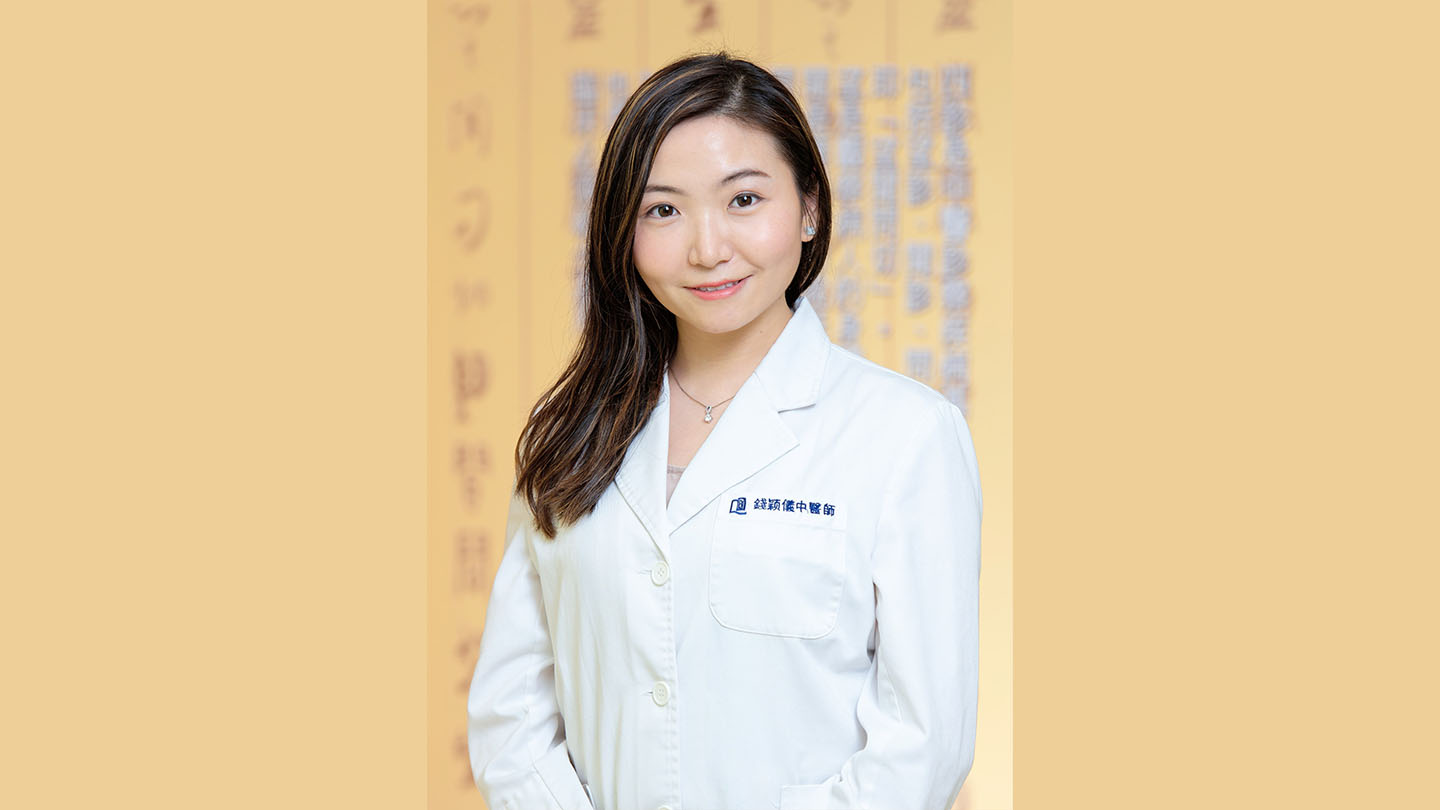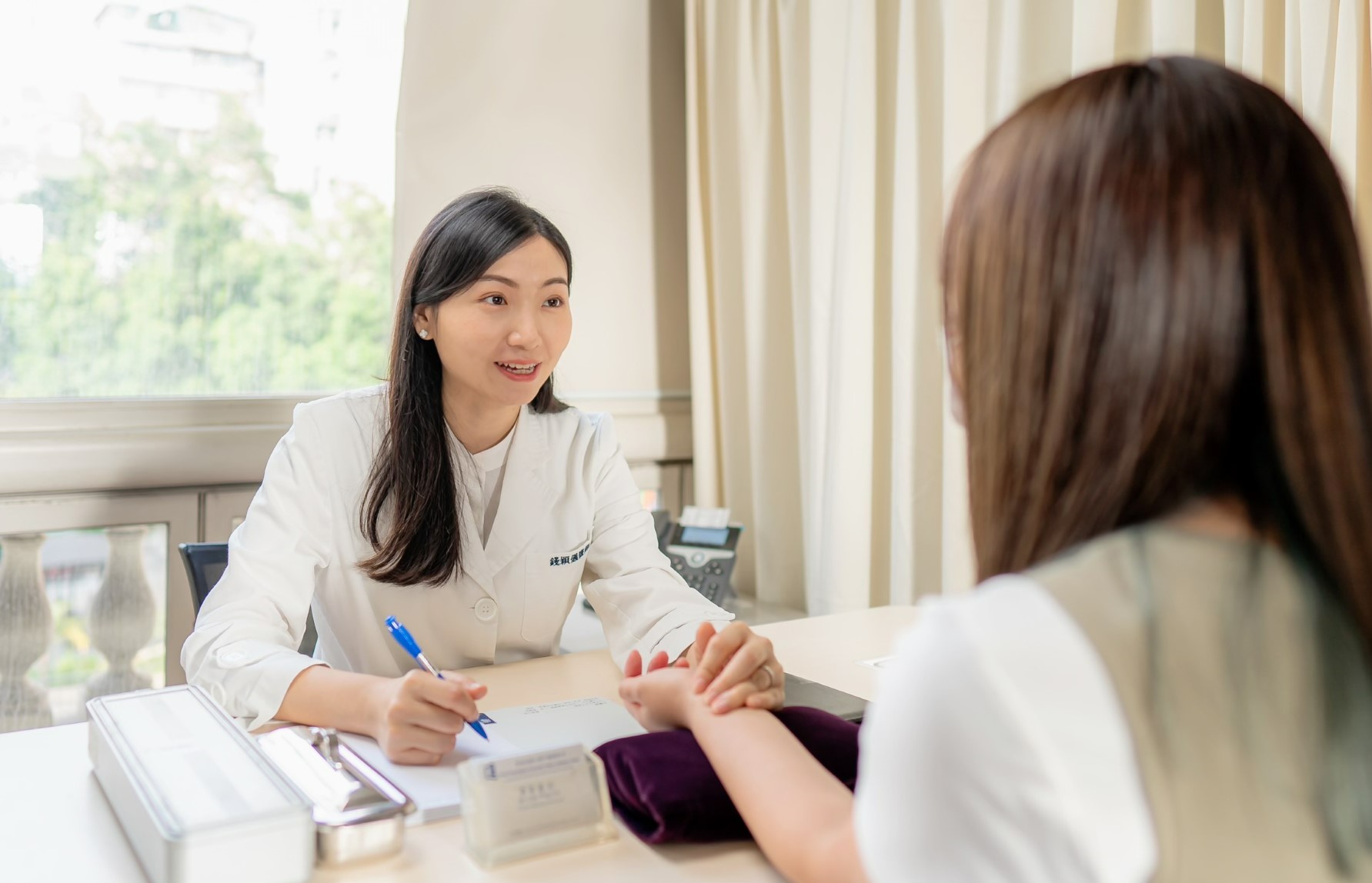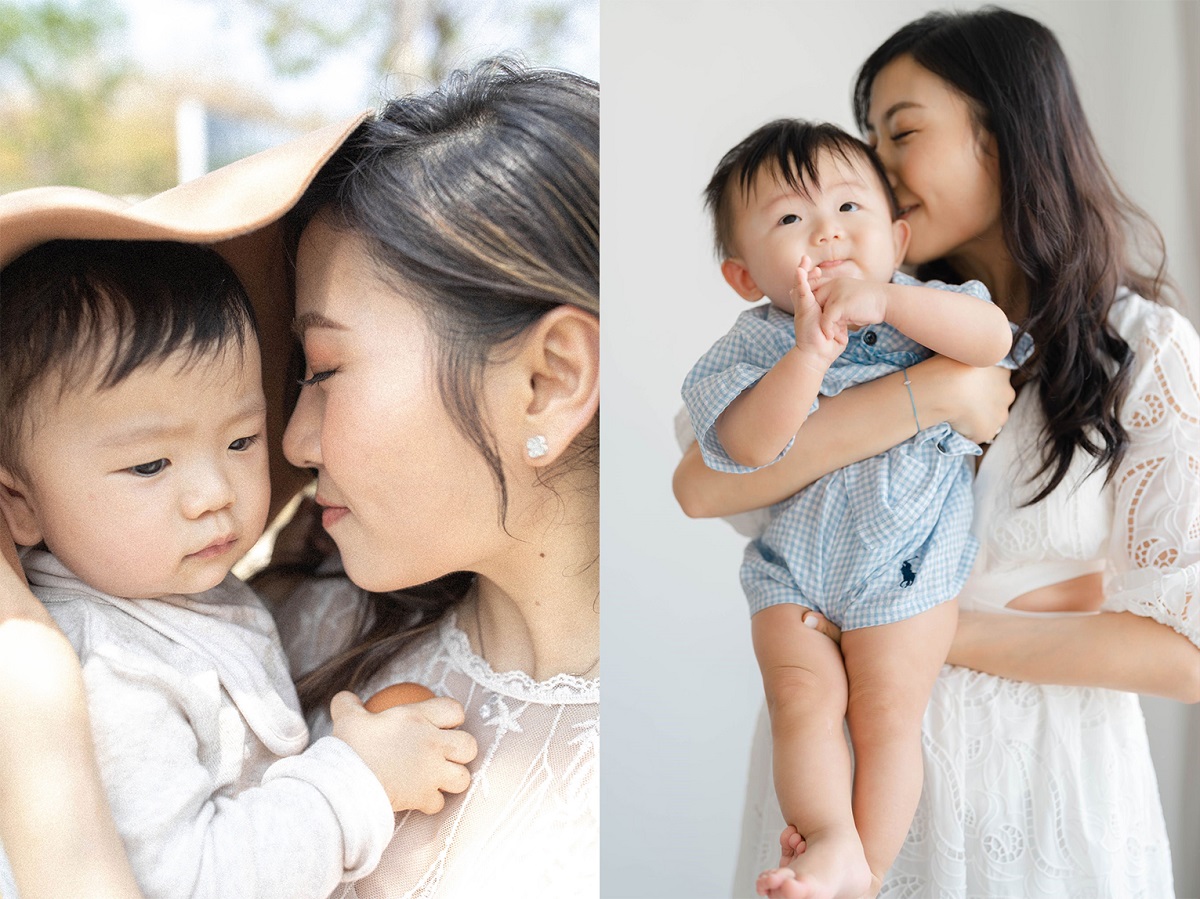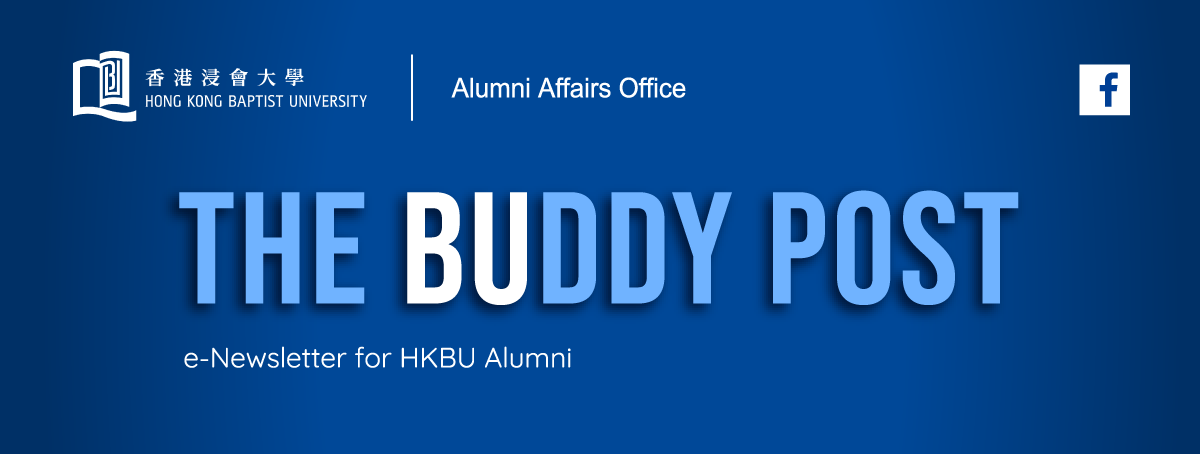People・Discovery
HKBU has nurtured over 148,000 graduates since its inception in 1956 and numerous alumni have in the past made notable achievements in diverse areas and professions. In this connection, we are pleased to introduce alumni from different professions and invite them to share their knowledge discovery with us.
Sharing by Alumna Dr Winnie Chin, Assistant Professor of Practice in the Clinical Division, School of Chinese Medicine, HKBU
Knowledge on Gynaecology from Chinese Medicine Perspective

Alumna Dr Winnie Chin Wing-yee, Assistant Professor of Practice in the Clinical Division of the School of Chinese Medicine of HKBU
Alumna Dr Winnie Chin (Chinese Medicine) graduated from HKBU with two degrees, namely Bachelor of Chinese Medicine and Bachelor of Science (Hons) in Biomedical Science (double-degree programme). With her interest in the area of gynaecology, Dr Chin furthered her studies to obtain a Master’s degree in Chinese Medicine at The Chinese University of Hong Kong and a PhD in Gynaecology in Chinese Medicine at the Beijing University of Chinese Medicine.
Alumna Dr Chin strives to provide quality care to women with her expertise in gynaecology, and she is currently Assistant Professor of Practice in the Clinical Division of the School of Chinese Medicine of HKBU.

Alumna Dr Chin strives to provide quality care to women with her expertise in gynaecology in Chinese Medicine.
1. What are the common causes of menstrual pain? What advice does Chinese Medicine provide to women who usually suffer from menstrual pain?
From the point of view of modern medicine, the common causes of menstrual pain include the release of prostaglandins (前列腺素), which cause the uterus to contract, leading to different symptoms of menstrual pain. The pain usually ranges from dull feeling, and abdominal tense to intense spasms. Some severe menstrual pain may result from secondary causes, such as hormonal imbalances, endometriosis (子宮內膜異位症), fibroids (子宫肌瘤), pelvic inflammatory disease (盆腔炎), and adenomyosis (子宮腺肌症).
From the perspective of Chinese Medicine (CM), menstrual pain is often regarded as a result of Cold and Blood stagnation (寒凝血瘀) in the body. Cold and Blood stagnation would block the pathway of meridians (經絡不暢) , and hence affect the passage of menstruation. Similar to the understanding in modern medicine, we believe Cold and Blood stagnation leads to strong uterus contraction which results in menstrual pain. From CM perspective, Cold and Blood stagnation can be caused by a variety of factors, including emotional stress, poor diet and overexertion.
From clinical observation, CM finds out that Cold (寒邪) is the major factor affecting menstrual pain in local patients. Cold is an outcome of intaking cold and raw food and exposure to cold temperature, especially the lower abdomen and lower limbs. Therefore, it is important for women to keep the body warm, and they can apply heat pads on the abdomen to relieve menstrual pain. Besides, CM would advise women to take warm and nourishing food during menstruation in order to facilitate a smooth flow of Qi and Blood (氣血流通) in the meridians. Food such as ginger, cinnamon, and warm soup are recommended.
For intractable menstrual pain problem, acupuncture and herbal medicine are commonly used in CM for treating the underlying imbalances.
2. From the Chinese Medicine perspective, is there any relationship between menstrual pain and infertility? Please share a successful case of how you helped the client overcome the infertility issue.
From both CM and biomedical science perspectives, menstrual pain and infertility are often related. CM believes that Cold and Blood stagnation in the body can lead to imbalance in organ systems (臟腑失調), and so as the disharmony of Chong and Ren (沖任失調), and eventually affects fertility. When Cold and Blood stagnation arises, the ovaries may encounter ovulation difficulty and thus the uterus may not receive adequate nourishment, which may dampen a healthy pregnancy.
I have come across a case of a patient, who had suffered from menstrual pain since menarche (初潮). The pain was worsened in the past three years, and finally she was diagnosed as adenomyoma (腺肌瘤; 4 cm) and a small fibroid (子宫肌瘤; 5 cm) in the uterus. Before coming to us, she consulted other traditional CM clinics with the aim of trying to conceive for over a year.
The patient did experience severe menstrual pain every month, to the extent that it could not be relieved by painkillers. The internal stasis of blood brought about menstrual discomfort and abundant blood clots. I still remember my first consultation with the patient, during which she was having menstruation, the pain was so severe that she could not stop crying and I needed to apply acupuncture immediately to relieve her pain.
After a detailed diagnosis, we diagnosed her condition as kidney deficiency (腎虛), and Cold and Blood stagnation. After a one-month treatment, the menstrual pain did improve significantly. And after three months of medication, the patient got pregnant successfully. She is now a mother of two boys.

Alumna Dr Chin is also a mother. She raises her two sons with her expertise in Chinese Medicine.
3. People nowadays tend to get married at an older age, resulting in more women giving birth to the first baby at an advanced maternal age (高齡產婦). How can Chinese Medicine facilitate women to get pregnant more easily?
The trends of late marriage and late childbirth nowadays increase the difficulty in successful pregnancy. With the increase in age, reproductive ability significantly reduces due to the challenge of Decreased Ovarian Reserve (DOR).
DOR refers to a decrease in the quantity or quality of oocytes, leading to impaired fertility and sex hormone deficiency. This disease accounts for about 10% of the total number of woman infertility, which is currently one of the leading causes.
From the CM point of view, the main pathogenesis of low ovarian reserve is kidney deficiency. There is a TCM theory, “kidney is the master of reproduction (腎主生殖)”, so we aim at tonifying the kidney (補腎) as our guide so as to invigorate the blood, which facilitates the regulation of the hypothalamus-pituitary-ovary-uterus reproductive axis. Herbal medicine can help nourish the kidney function and balance the body energy (補腎益氣), and specific herbs can be used to address underlying imbalances that affect fertility.
In our previous research, the use of seven kinds of herbal seeds and berries showed improvement in treating DOR, e.g. chasteberry (女貞子), wolfberry (桑椹), goji (枸杞子), salvia (菟絲子), raspberry (沙苑子), cyperus (香附), and mulberry (覆盆子) etc. All these could benefit the Kidney Essence and Qi (補腎填精). In clinical practice, Qizi Yishen Lichong Decoction (七子益腎理沖湯), containing the above seeds and berries, is often used in treating DOR so as to combat against the decline in ovarian reserve and restore woman fertility function.
Besides, we often use acupuncture on top of herbal medicine to boost the tonifying effect of Kidney, Spleen, Qi and Blood (補腎健脾,補益氣血).

Alumna Dr Chin tries her best to help her clients get pregnant.





